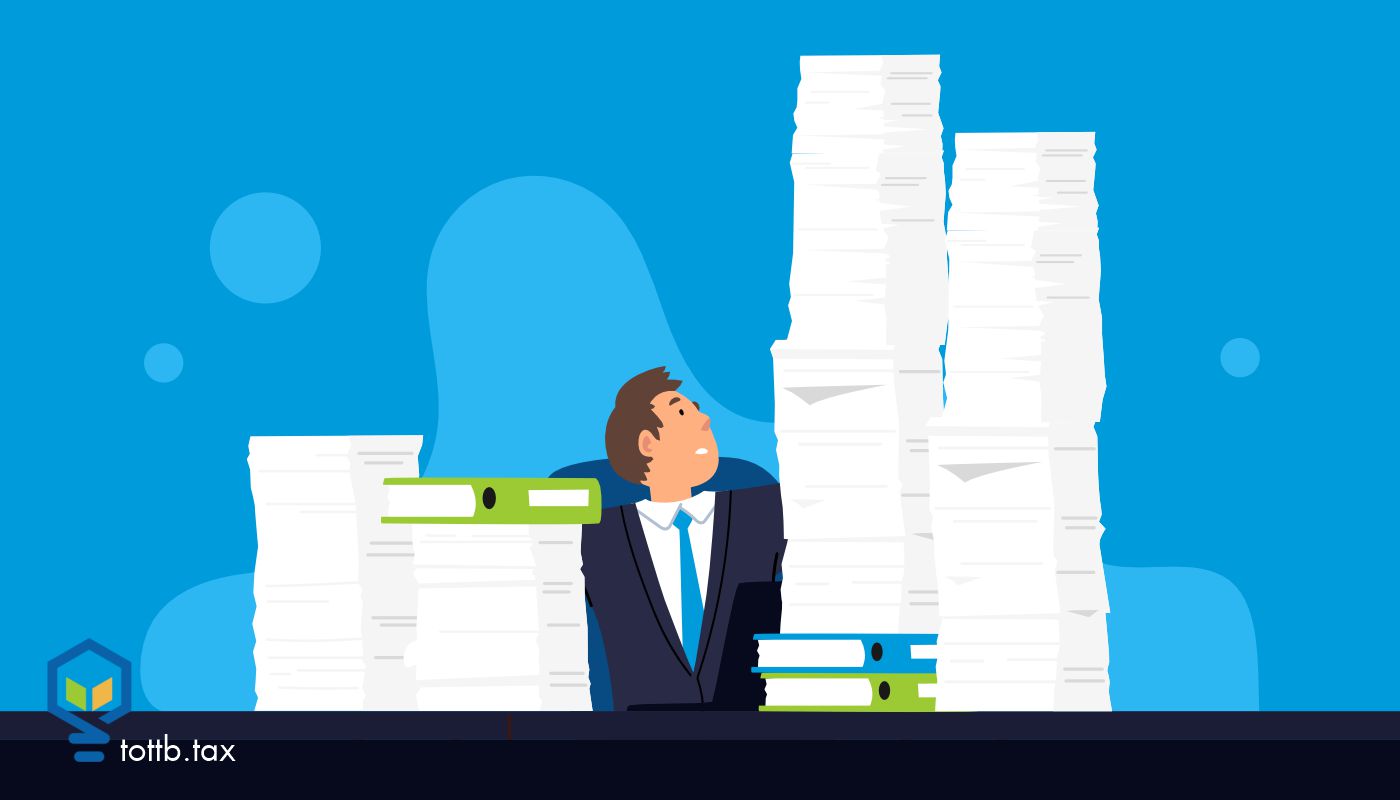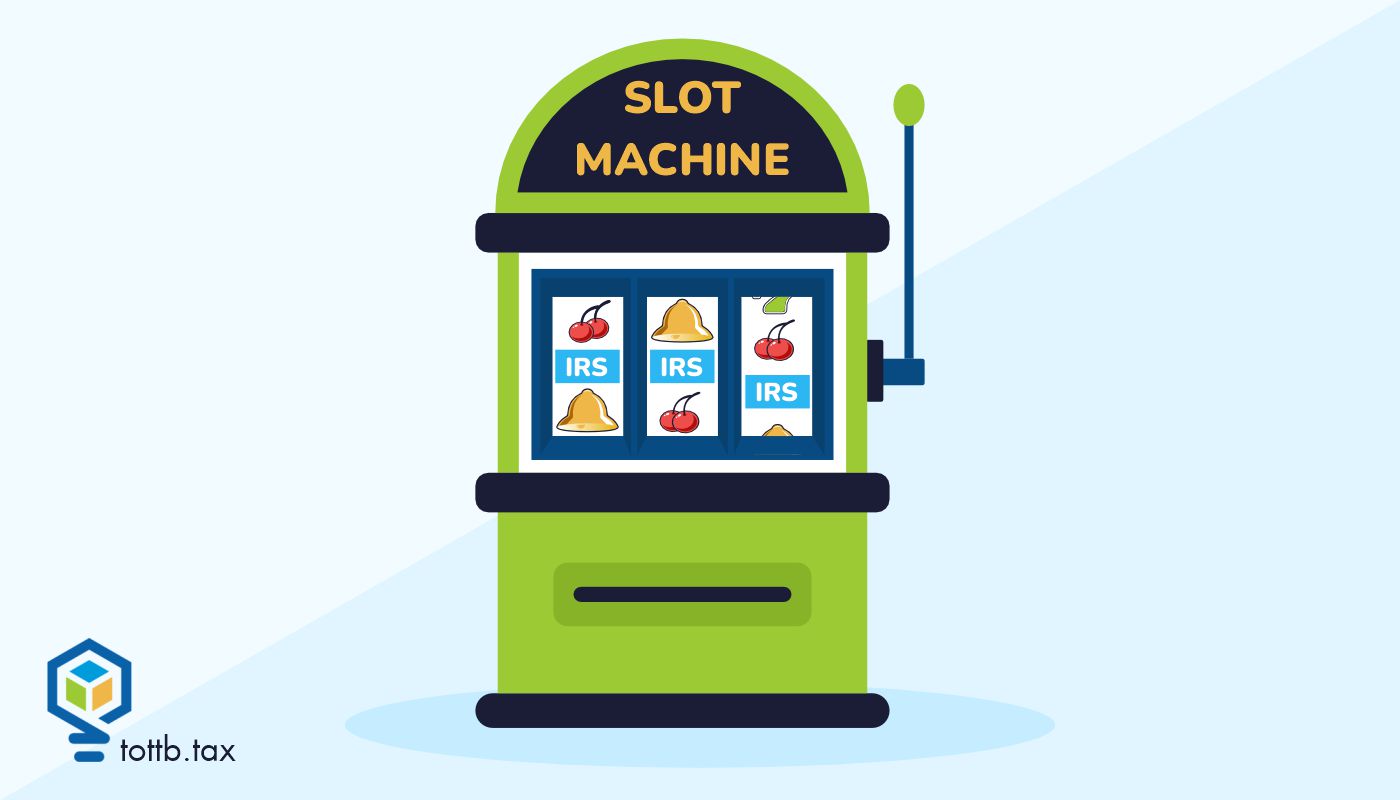In Part 1 of this series, we took a deeper dive into IRMAA planning and minimizing tax on your Social Security benefits. You play a large role in shaping your retirement years in terms of lifestyle and financial health. Think of taking advantage of the many techniques to lower your tax during your retirement years as another aspect of self-care. By treating your financial health and well-being as carefully as you treat your mental and physical well-being, you can ensure that you have resources to attain your financial goals and support yourself in the style for which you’ve planned. In my practice, I see a wide range of client behavior surrounding retirement – from no planning to thoughtful, long-range planning. Looking ahead, whether you’re working with your tax professional and financial team or whether you’re planning on your own, pays off enormously.
Please read on for some additional tips and techniques for tax savings involving charitable giving, Roth IRA conversions, and minimizing capital gains taxes – and two more examples.

Qualified Opportunity Zones After the One Big Beautiful Bill Act: What’s Changed and What It Means for Real Estate Investors
On July 4, 2025, the One Big Beautiful Bill Act (OBBBA) became law, representing the most significant reform of the QOZ program since its inception. It made the program permanent, tightened eligibility rules, introduced a rural-focused investment vehicle, and imposed robust reporting requirements. For tax professionals and investors, understanding these changes isn’t just about compliance – it’s also about strategy.






